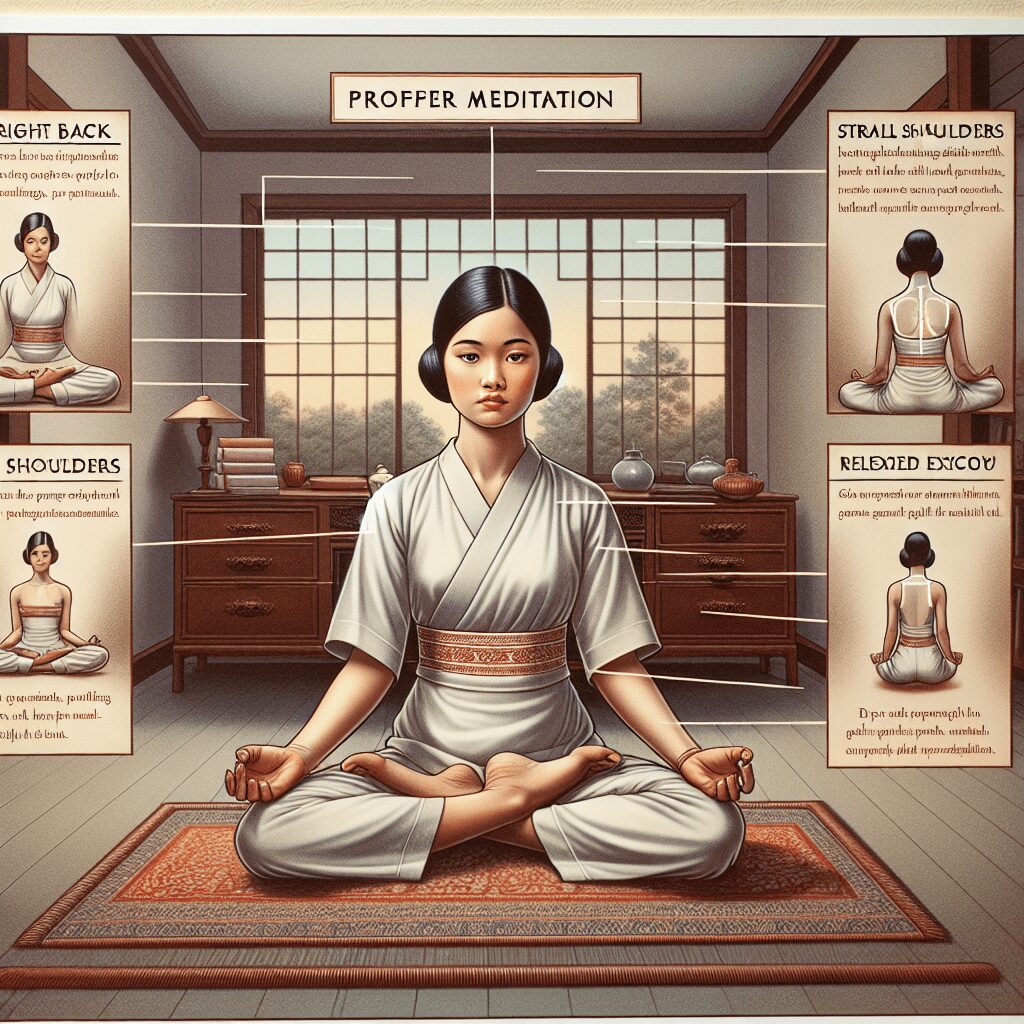
Prioritize your mental well-being daily. Enhance your life by nurturing your mental health with the Smart Meditation app. Break free from stress, alleviate anxiety, and enhance your sleep quality starting today.
How To Tell If You Need Antidepressants?
Decoding the Signals: Do You Need Antidepressants?
In a world where mental health is finally getting the spotlight, it’s no surprise that discussions about antidepressants are becoming as common as chatting about the weather. However, wading through the sea of information about antidepressants can be as daunting as opening Pandora’s box. Fear not! We’re here to break down the signs that might indicate it’s time to consider medication, alongside providing a glimpse into the steps toward seeking professional help. So, buckle up, and let’s dive deep into understanding when it might be time to say ‘yes’ to antidepressants.
1. Understanding the Signs
Before jumping to conclusions, it’s important to recognize the signs that may suggest your mental health could benefit from a pharmaceutical nudge. Remember, while everyone has days when they’re feeling down, persistent symptoms that interfere with daily life are a red flag. Here’s a rundown of what to keep an eye out for:
- Persistent Sadness or Hopelessness: We’re not talking about a bad day at the office or a minor setback. This is an overwhelming cloud of gloom that refuses to lift, affecting your outlook on life.
- Lack of Interest in Previously Enjoyed Activities: If your once-passionate hobbies now feel as appealing as watching paint dry, it might be time to reassess.
- Sleep Disturbances: Whether you’re wrestling with insomnia or snoozing more than a bear in hibernation, significant changes in sleep patterns are a telltale sign.
- Appetite or Weight Changes: Whether it’s comfort eating or forgetting meals, drastic changes in eating habits can be indicative of deeper issues.
- Concentration Issues: If you find your mind wandering more than a nomad in the desert, especially on tasks that used to be a cakewalk, it’s a sign.
- Unexplained Physical Symptoms: Aches and pains that make no sense? Your body might be sounding the alarm on your mental health.
2. The Journey to Getting Help
Recognizing the signs is the first step, but what comes next? Here’s a roadmap to guide you through the wilderness:
a. Professional Evaluation
First things first, booking an appointment with a healthcare provider is paramount. A doctor or psychologist can conduct a thorough assessment to rule out other potential causes and confirm whether an antidepressant is the right course of action.
b. Weighing the Options
Antidepressants aren’t a one-size-fits-all solution. With a variety of types available, your healthcare provider will consider several factors, including the severity of your symptoms, possible side effects, and any other underlying conditions, to determine the best fit.
c. Commitment to Follow-up
Embarking on antidepressant therapy is like starting a new relationship; it requires commitment and regular check-ins. Monitoring progress and any side effects is crucial to adjusting the treatment plan as necessary.
d. Integrating Therapy and Lifestyle Changes
Medication might take the edge off, but coupling it with therapy and healthy lifestyle choices (think regular exercise, a balanced diet, and good sleep hygiene) can amplify the benefits. It’s about building a comprehensive toolkit to manage and improve your mental health.
The Takeaway?
Venturing into the realm of antidepressants can seem like navigating through a maze blindfolded. However, by paying attention to the signs and seeking professional guidance, you can make informed decisions about your mental health. Remember, it’s a deeply personal journey, and what works for one person may not for another. Seeking help is a sign of strength, not weakness, and it’s the first step toward reclaiming the joy and color in your life.
Cogitating over whether antidepressants are your golden ticket? Chat with a healthcare provider. It’s the best way to ensure your mental health journey is on the right track. And remember, it’s okay to ask for help. After all, in the grand tapestry of life, ensuring the threads of your mental well-being are vibrant and strong is essential to the overall picture.




